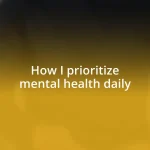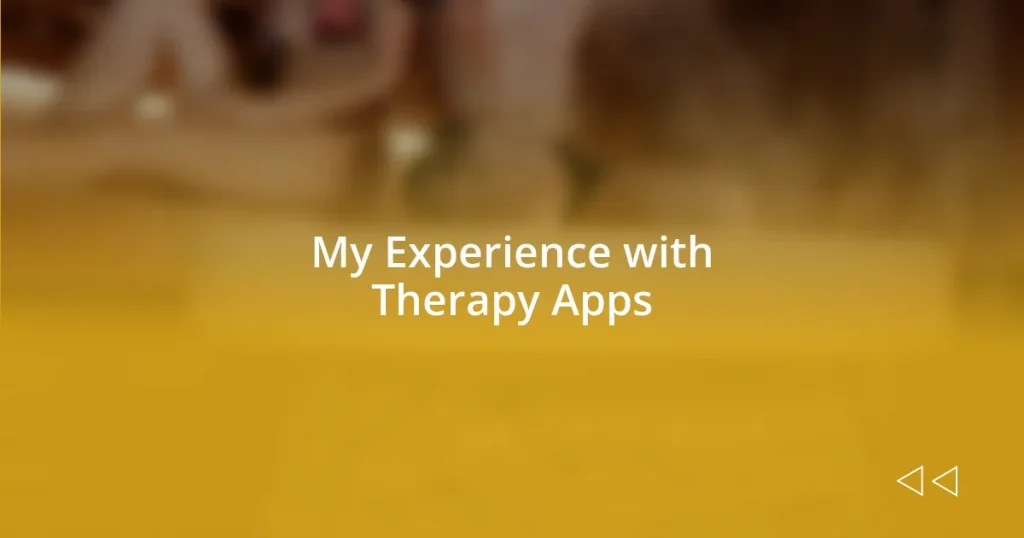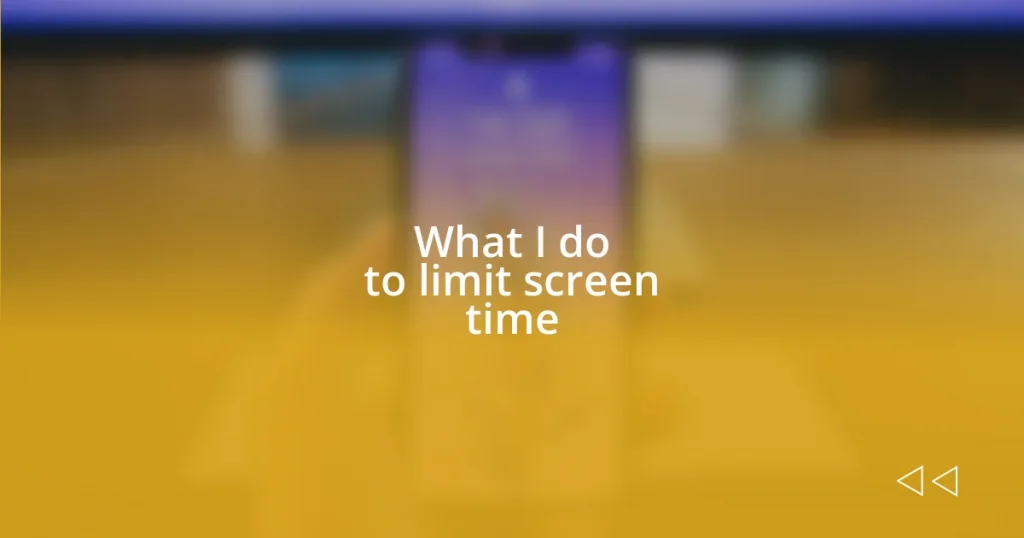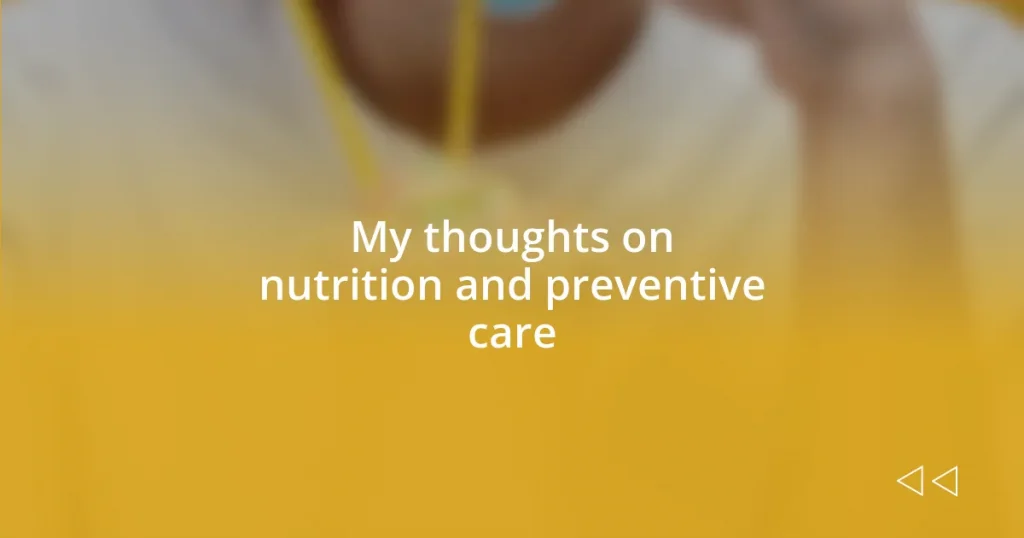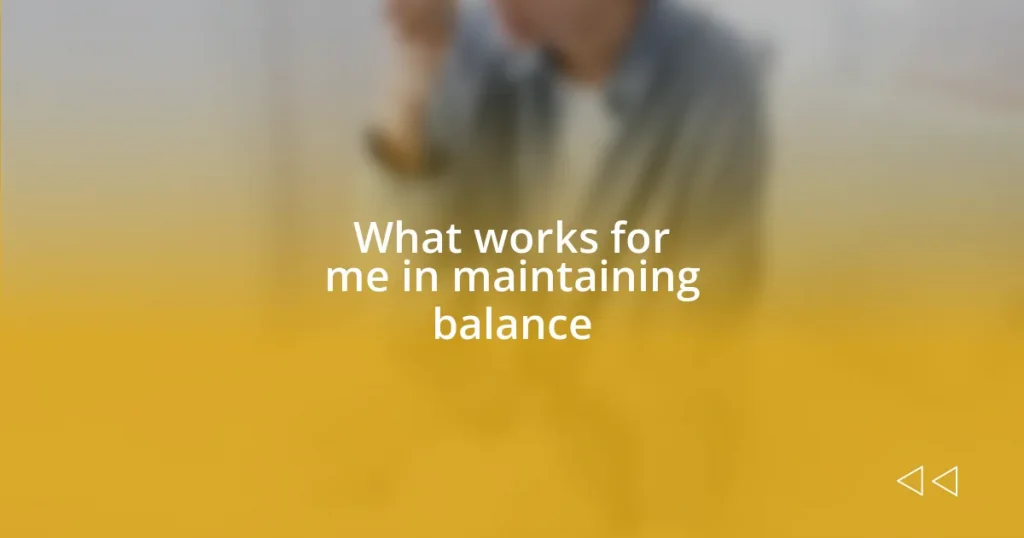Key takeaways:
- Therapy apps offer accessibility, affordability, personalization, anonymity, and a variety of tools, making mental health support more convenient.
- Choosing the right therapy app involves considering your specific needs, such as preference for structured programs or community support.
- These apps complement traditional therapy by providing instant coping strategies and support during moments of emotional distress.
- Integrating diverse mental health tools, including therapy apps, can enhance personal growth and self-discovery in one’s wellness journey.

Introduction to Therapy Apps
In recent years, therapy apps have become an increasingly popular alternative to traditional therapy. They offer a level of accessibility that’s hard to overlook. I remember when I first considered using one; I was curious about how effective it could be compared to sitting face-to-face with a therapist.
I often found myself wondering if these apps could truly provide the emotional support I needed. After all, in moments of anxiety or sadness, it can be challenging to muster the energy to visit a therapist’s office. What I discovered was that these apps could offer immediate coping strategies and resources right when I needed them most, creating a sense of comfort and accessibility.
While some may question whether a screen can replace human connection, I believe these apps serve as a valuable resource, especially for those hesitant to seek in-person help. The blend of technology and mental health support sparks a fascinating conversation about modern therapy, doesn’t it? I’ve learned that therapy apps can complement traditional methods, helping to bridge the gap during those times when seeking immediate support feels vital.

Benefits of Using Therapy Apps
Using therapy apps offers a variety of benefits that can be particularly advantageous for anyone seeking mental health support. One of the most significant things I noticed was the convenience they provide. Whether I was on my lunch break or winding down at home, I could access reflection exercises or calming meditations at a moment’s notice. The ability to engage with mental health resources anytime, anywhere felt empowering and made it easier to prioritize my well-being.
Here are some key benefits of using therapy apps:
- Accessibility: They are available 24/7, making support always within reach.
- Affordability: Many apps offer low-cost options or free resources, reducing the financial barrier often associated with therapy.
- Personalization: Features like mood tracking allow you to tailor your therapy experience to your specific needs.
- Anonymity: The comfort of anonymity can make users feel safer when exploring sensitive topics.
- Variety of Tools: Apps usually provide a range of resources, from guided meditations to journaling prompts, enhancing the healing experience.
When I explored different apps, I was surprised at how they could mimic a supportive conversation. I remember one evening when I felt particularly overwhelmed; I opened a meditation app and followed a session that focused on grounding techniques. It was almost as if I had my own personal coach, guiding me through the storm of emotions I was experiencing. This immediate accessibility truly made a difference in how I managed my mental health on hectic days.
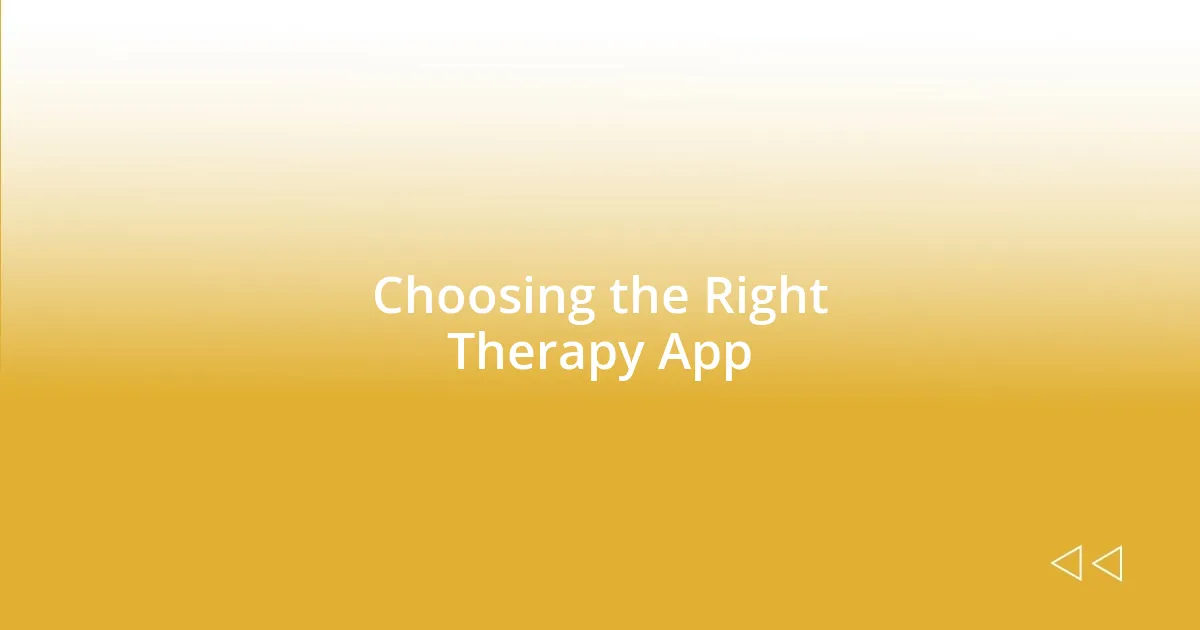
Choosing the Right Therapy App
Choosing the right therapy app can feel overwhelming given the numerous options available. Think about what specific needs you have. For instance, I gravitated towards apps that offered structured programs, as I found that following a guideline helped me feel more grounded in my approach to mental health. If you’re someone who thrives on routine, look for features that provide a clear path, like daily exercises or progress tracking.
Another important factor is whether you prefer a more interactive experience or one that allows for solitary reflection. I remember downloading an app that focused heavily on community support. While I loved the connection, at times, I felt more comfortable when engaging in individual activities. Choosing an app that aligns with your comfort level—whether that’s community forums or solo journaling tools—can greatly enhance your experience.
Lastly, don’t overlook the user interface and overall experience. I often found that apps with a calming aesthetic and easy navigation encouraged me to return regularly. A cluttered layout can be discouraging when you’re seeking peace during tough moments. So, take the time to trial a few apps, paying attention to how they make you feel. Intentional selection reflects self-care in action!
| Feature | Description |
|---|---|
| Accessibility | Available 24/7, ensuring support is always within reach. |
| Affordability | Many apps offer low-cost or free options, reducing financial barriers. |
| Personalization | Tools like mood tracking allow you to tailor your experience. |
| Anonymity | Provides a sense of safety when discussing sensitive topics. |
| Variety of Tools | Includes guided meditations, journaling prompts, and more for a richer experience. |

Conclusion and Final Thoughts
Reflecting on my journey with therapy apps, I can’t help but feel grateful for the personal growth I experienced. It’s fascinating to think about how something as simple as an app can weave its way into our lives, offering support when we need it the most. Have you ever found yourself in a moment of emotional chaos, only to find solace in a few taps on your phone? I certainly have, and it’s a reminder that technology can bring thoughtful companionship to our mental wellness journey.
As I navigated the various resources available, the most profound realization was that these apps don’t replace traditional therapy—they complement it. There were days when I felt hesitant to dive deep into my feelings with a therapist, yet the gentle nudges from an app helped me to reflect and prepare for those tough conversations. I wonder how many of us carry the same hesitation? Viewing therapy apps as a stepping stone rather than a crutch shifted my perspective entirely, making it clear that they can play a crucial role in supporting our mental health.
Ultimately, my experience with therapy apps has taught me the importance of integrating diverse tools into my wellness routine. Whether it’s engaging in guided meditation right before bed or jotting down thoughts in a virtual journal, I believe everyone can find their unique rhythm. As you ponder your own therapy journey, what tools will you embrace to create a safe space for self-discovery and healing? The choice is yours, and it’s a beautiful one to explore.



